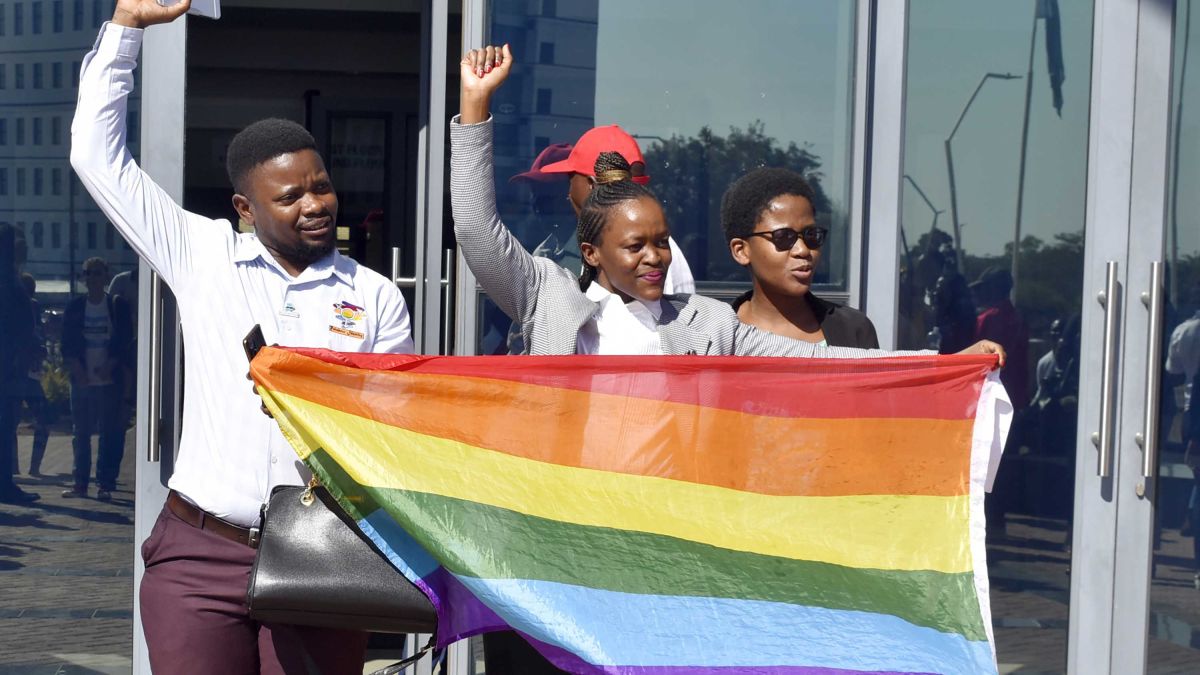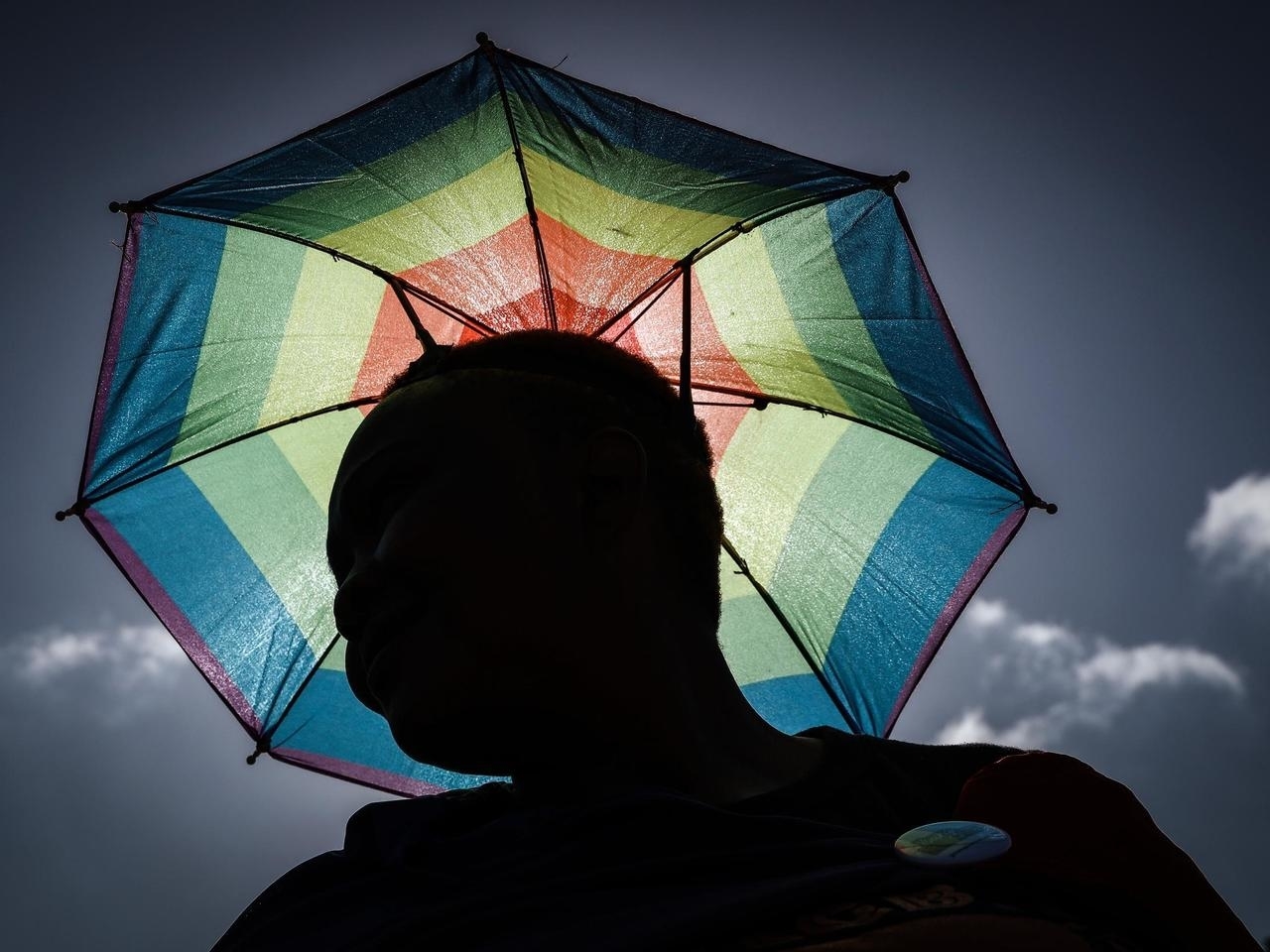Gabon may soon change its laws on homosexuality. The news comes from the lower house of the African country’s parliament, where deputies have approved a measure that revokes the 2019 legislation that criminalized same-sex relationships. Now we await the Senate’s confirmation and the ok from President Ali Bongo Ondimba, but the road is downhill.
The Discriminatory Law of 2019

In 2019, Gabon passed a law that punished same-sex relations with six months in prison and fines of up to $ 8,500. The country’s issue had been talked about for some time, with a position on the part of local politics that has never been very clear. In 2008, Gabon signed a non-binding UN declaration on sexual orientation and gender identity, which called for the global decriminalization of homosexuality. Only six other African countries did. However, three years later, Gabon voted against a joint declaration on end to acts of violence and related violations of human rights based on sexual orientation and gender identity, again at the United Nations.
The debate on the issue flared up, particularly in 2014 when two Gabonese men announced they wanted to get married in Libreville. They were arrested, but the court ruled that “there is no provision in the Gabonese penal code that punishes adults for acts against nature.” The law of 2019 then served to fill this hole, making the country the 70th in the world to criminalize homosexuality. In recent months, the law has been used to discriminate even more massively against the country’s LGBT community and as an instrument of blackmail by local law enforcement agencies. As several activists have denounced, many people of the LGBT community were arrested and then released after paying bribes in a crusade against civil rights that was closely linked to the corruption endemic to local institutions.
The Current Turning Point in Gabon

With 48 votes in favor, 24 against, and 25 abstentions, the Gabonese parliament’s lower house has now expressed itself to abolish the law against homosexuality. Julien Nkoghe Bekale elected prime minister of the country in January and coming from the ranks of the Gabonese Democratic Party, who sponsored the process to overcome the discriminatory legislation of 2019. He tweeted, “As I am against the death penalty, I am against the stigmatization of the LGBT community.” And the first lady, Sylvia Bongo Ondimba, said she was happy that parliament wants to restore all citizens’ right to love freely, without condemnation.
But the initiative sparked many protests in the country. After they gathered threateningly in front of parliament to protest the law, the police stopped some people, while the entertainment world also made its voice heard. Créol, one of Gabon’s most famous singers, posted an image against identifying the country with rainbow colors on her Facebook page. The law will be discussed in the coming days in the parliament, where the majority is the same as the lower house. Therefore, there should be no hitches in the process of decriminalizing homosexuality, the last word of which will then rest with the president.
A Glimmer of Hope for the African LGBT Community

If all goes smoothly, Gabon will join the list of African countries that have recently been revising their penal codes that discriminate against the LGBT community. In Tunisia, in the spring a same-sex marriage was recognized; it is the first time something similar happened in the Arab world. Last year, Botswana also decriminalized same-sex sexual relations. In any case, however, the African context remains very difficult for the LGBT community. As Amnesty International points out, in countries such as Mauritania, Sudan, Nigeria, and Somalia, homosexuality is also punished with the death penalty.
In contrast, in other states such as the Gambia and Sierra Leone, it can lead to life imprisonment. In general, about half of the world’s countries that punish homosexuality are in Africa. Therefore, the Gabonese process for decriminalization is a glimmer of hope in a still very discriminatory context.

